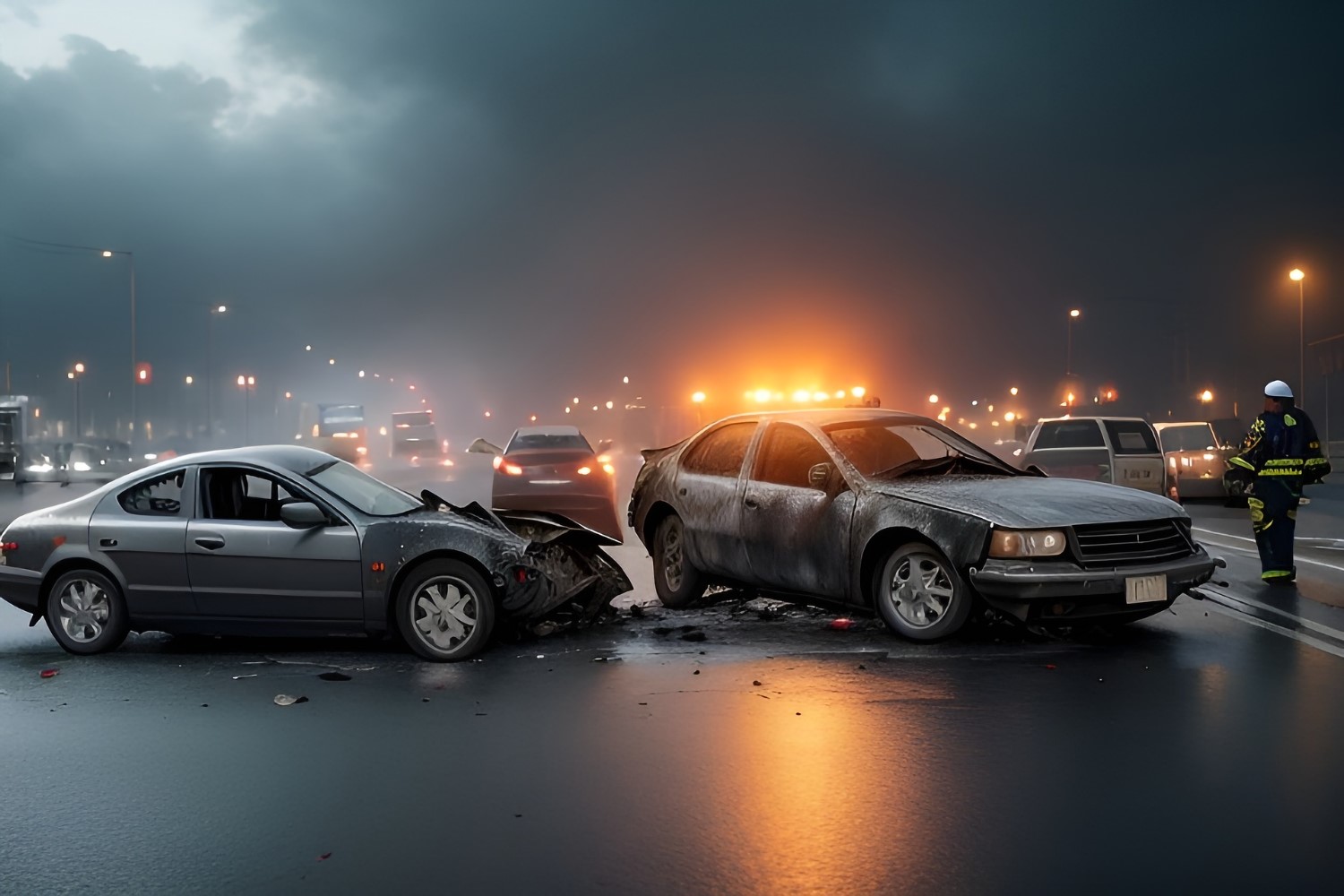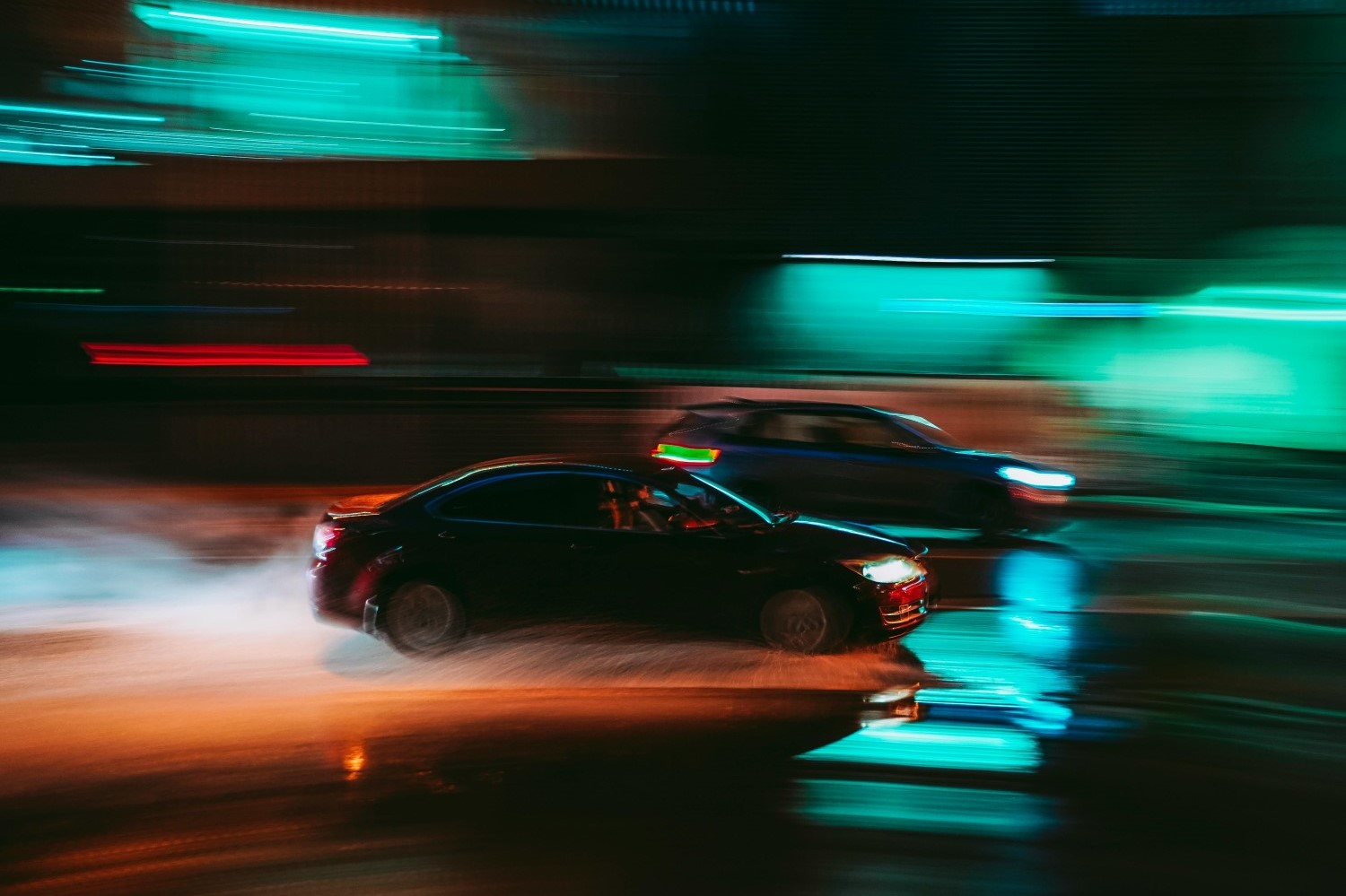Street Race Car Crashes: Who’s Liable And What Comes Next?
The screech of tires, the roar of overpowered engines, and the blur of speed are the hallmarks of an illegal street race. Often glamorized in the media, the reality is that these unsanctioned events are profoundly dangerous, transforming public roads into chaotic and unpredictable environments.
When a street race culminates in a crash, the consequences are frequently catastrophic, resulting in severe injuries, extensive property damage, and tragic loss of life.
Read on to learn who is liable for street race car crashes and what comes next.
Understanding Liability in Illegal Street Racing
In the immediate aftermath of a collision, the primary focus is on emergency response and medical care. Once the scene is stabilized, the investigation begins. Officers from the police department will work to reconstruct the event, a process that’s crucial for establishing official fault. This official record, known as a traffic collision report, will detail the officer’s findings, including potential violations and preliminary determinations of cause.
Additionally, for those who have been injured, obtaining this document is a crucial first step in the process. For instance, if you need a crash report, you can request it from the responding police agency. This report serves as a foundational piece of evidence in any subsequent legal action, providing an authoritative account of the incident.
On the other hand, liability, in legal terms, refers to legal responsibility for the event and the resulting damages. In a street racing crash, this is rarely a straightforward matter. The following are some persons potentially liable for fatal crashes:
The Steet Racers Themselves
The drivers participating in the race are almost always considered primarily liable for any injuries or car damages that occur during the event. By engaging in a travel speed contest on a public road, they’re committing a negligent act per se, meaning the act of racing itself is a violation of law and automatically constitutes negligence. If a racer loses control and hits a spectator or another motorist, their liability is clear.
In many cases, both racers can be held jointly and severally liable for the total damages, even if only one of them directly caused the collision with an innocent victim. This is because they were engaged in a joint, illegal enterprise.
Spectators and Organizers
Individuals who knowingly attend and encourage an illegal street race may also be held liable. Spectators who block roads, create an audience that incites the racers, or are otherwise integral to the event’s occurrence can be deemed negligent. If their actions contributed to the dangerous environment that led to the crash, they can be named in a lawsuit. Similarly, anyone who helped organize, promote, or facilitate the race, such as by scouting locations or providing timing, can be held accountable under civil conspiracy or negligence theories.
Vehicle Owners
The owner of a vehicle involved in a street race can be held liable under a legal doctrine known as “negligent entrustment.” If the owner knowingly lent their car to someone they knew, or should have known, was likely to use it for illegal auto racing, they can be sued for the damages caused by the driver. This applies even if the owner was not present at the scene.
Criminal vs. Civil Consequences
The fallout from a street racing crash operates on two parallel tracks: criminal and civil law. For instance, the criminal justice system addresses violations of public law. Drivers involved in a fatal or injurious street race face severe charges that can include vehicular manslaughter, reckless endangerment, assault with a deadly weapon (the high-horsepower car), and illegal speed contest participation. Convictions can result in lengthy prison sentences, hefty fines, and permanent revocation of driving privileges. The purpose of criminal prosecution is to punish the wrongdoer and deter similar conduct in the community to ensure vehicle safety on the road.
Conversely, the civil justice system is designed to compensate the victims for their losses. A wrongful death or personal injury lawsuit is filed by the injured parties or the families of deceased victims against all potentially liable parties. The goal is not imprisonment, but financial recovery for quantifiable damages, such as medical expenses, lost wages, property damage, and non-economic damages, including pain and suffering, emotional distress, and loss of consortium.
What Comes Next for Victims: The Path to Recovery

For those injured or grieving the loss of a loved one, the path forward is arduous. The immediate priority is, and always should be, physical and emotional recovery. Once stable, the focus must shift to protecting one’s legal rights through the following strategies:
Preserving Evidence
Beyond the police report, it’s crucial to preserve other forms of evidence. This includes photographs of the scene and vehicles, speed cameras, contact information for witnesses, and all medical records related to injuries sustained in the multi-vehicle crash.
Dealing with Insurance Companies
Victims will inevitably have to deal with insurance companies. It’s vital to remember that insurance adjusters work for their company’s bottom line. They may attempt to quickly offer a low settlement or shift blame onto the victim. Providing a recorded statement without legal counsel is generally not advisable.
Pursuing a Civil lawsuit
Given the complexity of establishing liability across multiple parties and the high stakes involved, retaining an experienced personal injury attorney is critical. A skilled lawyer can conduct a thorough independent investigation, identify all responsible parties, navigate the intricacies of insurance coverage, and build a compelling case for maximum compensation. They will handle negotiations and, if a fair settlement can’t be reached, they’re prepared to advocate for the victim at trial.
Key Takeaway
A street race car crash is a devastating event with a tangled web of legal responsibility. Liability is not confined to drivers but can extend to a broader circle of participants and enablers. By keeping the information mentioned above in mind, victims can navigate this complex landscape more effectively in the pursuit of justice.
